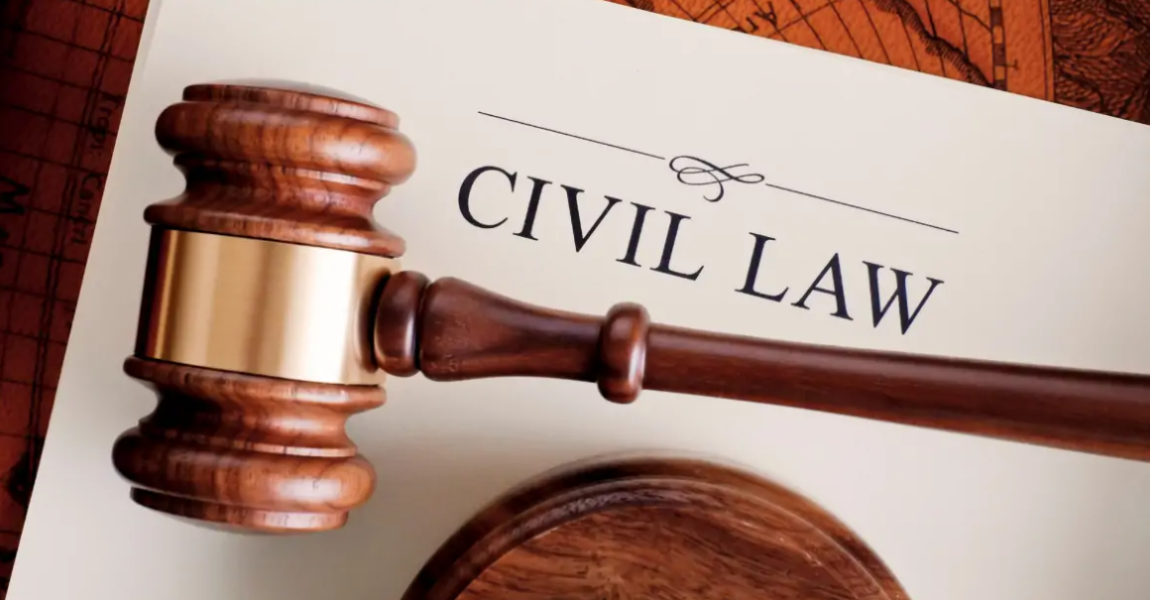
- September 23, 2022
- |Civil Law, Practice, And Procedure, Concise Law Reports (CLR)
CIVIL PROCEDURE – REQUIREMENTS IN AN APPLICATION TO COMPEL OTHER PARTY TO DISCOVER
In this ongoing action between the parties, the defendant requested additional discovery to be made in terms of rule 28(8)(a) of the Rules of Court on two occasions, and the plaintiff having responded thereto but to the dissatisfaction of the defendant. An application to compel specific discovery in terms of rule 28(9), was made by the defendant seeking an order that the plaintiff makes further discovery as requested in its notice in terms of rule 28(8) filed in terms of the Rules of Court.
The Plaintiff opposed the application to compel based on one or more of the following reasons; that the documents sought do not belong to the plaintiff, nor are those documents under the plaintiff’s control or possession; that the documents sought, as described, do not exist; that to the extent that the defendant mistook the documents to be those of the plaintiff, the defendant seeks, impermissibly so, documents of a third party; and, the documents sought were not relevant.
PRINSLOO J considered the application and held that:
- It is trite that an applicant must make out its case for the relief it seeks in its founding affidavit and cannot make out its case for the relief it seeks in a replying affidavit. it is not acceptable that the defendant seeks a different relief in its replying papers than in the notice of motion on which the application was based.
- The defendant attempted to make out a case for relevance in respect of the Sub-Advisory Agreement relevant to the plaintiff’s locus standi. On behalf of the plaintiff, it was argued that there was no issue regarding the locus standi of the plaintiff whereas it was submitted on behalf of the defendant that the locus standi of the plaintiff was a real issue between the parties. However, the purported locus standi challenge, if at all, was poorly pleaded.
- In the context of discovery, courts are reluctant to go behind a discovery affidavit that is regarded as conclusive, save where it can be shown that there are reasonable grounds for supposing that the party has other relevant documents in his possession. Nothing was presented to the court to go behind the discovery affidavit of the plaintiff and the defendant failed to make out a case for the relief sought in its Notice of Motion.
As a result, the application to compel discovery was dismissed with costs.
Helios Oryx Limited v Elisenheim PDC (Pty) Ltd NAHCMD 23 September 2022